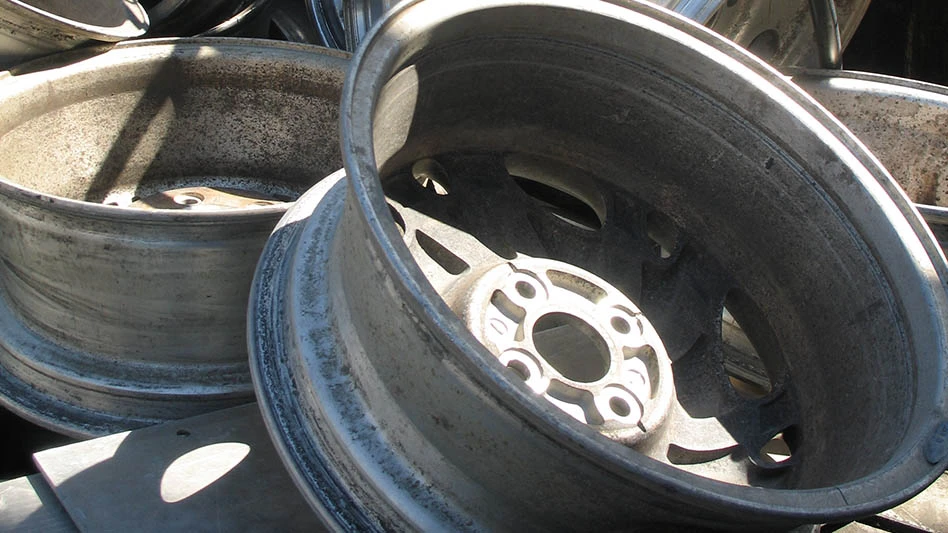
Recycling Today archives
The replacement of internal combustion engine (ICE) vehicles with electric vehicles (EVs) represents one challenging trend for auto dismantlers and shredding plant operators. Another question being asked is whether succeeding generations in North America and Europe will own fewer vehicles overall.
According to a McKinsey report co-authored by four analysts (led by Kersten Heineke of the McKinsey Frankfurt, Germany, office), worldwide, 1.3 billion vehicles are now in use, with “many of these” being privately owned.
The firm says there are 868 vehicles per 1,000 people in the United States, 635 in Norway and 391 in Mexico. While China has a lower figure of 219 per 1,000 people, that still accounts for more than 300 million vehicles on the road in that nation.
The McKinsey authors write, however, that “within the next decade, the mobility ecosystem will most likely undergo a transformation not seen since the early days of the automobile—and one main shift will be the decline of private-car use.”
The company says its McKinsey Center for Future Mobility conducts an annual consumer survey that looks at automotive trends. “Many respondents to the 2022 survey say they are open to shifting their transportation habits,” the consultancy says.
Nearly one-half of respondents (46 percent) told McKinsey they “are open to replacing their private vehicles with other modes of transport in the coming decade.”
As an example, 70 percent indicated they are willing to use a shared autonomous shuttle with up to three other travelers, with 42 percent of those trips replacing ones taken by private vehicles.
Such techniques, including ride-hailing, are on the rise, McKinsey forecasts, “as consumers look for transportation options that are convenient, cost-effective and sustainable.”
In the meantime, however, “The appeal of private ownership remains strong in many countries despite the recent rise of ride-sharing services,” writes Heineke and his colleagues.
McKinsey says its survey shows that private cars are still used in 45 percent of all trips, outpacing public transportation, micromobility (scooters, bikes and other small vehicles), ride-sharing, ride-hailing and walking.
In some nations, though, “governments are already enacting regulations to reduce the number of vehicles on the road to ease congestion and reduce emissions, and consumers are also voicing preferences for more efficient, green and convenient transportation options,” according to McKinsey.
The forecast put together by McKinsey predicts private cars could be used for just 29 percent of all trips by 2035.
“The changes in mobility will affect everyone from OEMs to ride-share providers,” writes McKinsey. “One of the greatest changes will be in the number of private car sales. Car sales will likely rise globally over the next few years and peak by the end of this decade. They could then fall to 84 million units by 2035, down from the 85 million units sold in 2015.”
Should that forecast prove accurate, auto dismantlers and metals recyclers, like OEMs, will have to consider the implications of a smaller overall passenger vehicle sector on their operations.
Latest from Recycling Today
- Lautenbach Recycling names business development manager
- Sebright Products partners with German waste management equipment company
- WasteExpo transitions to biennial format for enhanced experiences
- Study highlights progress, challenges in meeting PCR goals for packaging
- Washington legislature passes EPR bill
- PureCycle makes progress on use of PureFive resin in film trials
- New copper alloy achieves unprecedented high-temperature performance
- Gränges boosts profits and sales volume in Q1 2025





